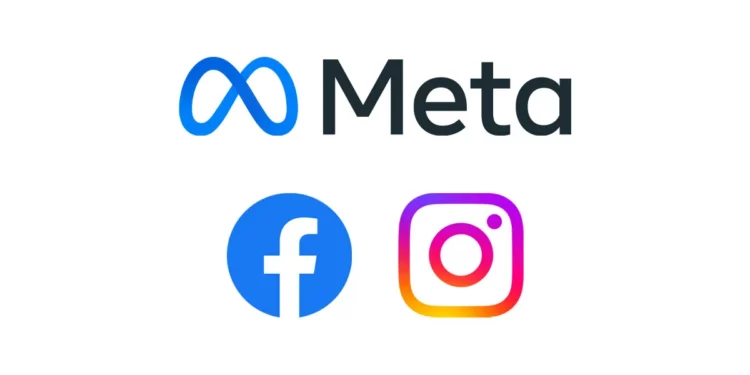
Healthcare is seeing a surge in the use of generative AI, supported by both startups and major tech companies.
Google Cloud and Highmark Health are collaborating to improve patient intake with customized generative AI technologies. Similar to this, Microsoft Azure is working with Providence to automate message triaging for healthcare providers, while Amazon’s AWS division is investigating the possibilities of generative AI to scan medical databases for insights into socioeconomic determinants of health.
Abridge, Nabla, and Ambience Healthcare are a few of the well-known businesses in this space that are creating generative AI solutions specifically for doctors and other healthcare professionals.
The significant expenditures made in this field demonstrate the growing enthusiasm for generative AI in healthcare. The majority of health investors recognize that this technology has a substantial impact on their investment strategies, and venture capital funding for generative AI businesses in the healthcare industry has reached notable levels.
However, there are differing views among experts and patients on the readiness of generative AI with an emphasis on healthcare.
The limitations of generative AI are a source of concern for the healthcare industry, as noted by Andrew Borkowski, Chief AI Officer at the VA Sunshine Healthcare Network. Because of the technology’s limited knowledge base and lack of human skill, Borkowski advises against deploying it too soon since this could reduce its effectiveness, particularly when managing complicated medical questions or emergencies.
These limits have been highlighted by a number of studies, which have shown difficulties in carrying out medical administrative chores and inaccuracies in diagnostic accuracy. Although providers of generative AI advise against depending exclusively on their models for medical guidance, experts stress the value of physician supervision in reducing the possibility of an incorrect diagnosis or unsuitable course of therapy.
Furthermore, research demonstrating biases in AI-generated replies indicates that generative AI in healthcare may unintentionally reinforce prejudices. This has the potential to worsen treatment disparities, which would especially impact underprivileged groups.
Notwithstanding these difficulties, the sector is seeing encouraging gains, such as generative AI-enabled improvements in medical imaging. Artificial intelligence (AI) has the potential to improve patient outcomes by streamlining clinical workflows and improving diagnostic accuracy, as demonstrated by systems like CoDoC and Panda.
However, resolving technological, legal, and ethical issues is necessary before generative AI is widely used in healthcare. Concerns around privacy, security, and regulations related to AI in healthcare highlight the necessity of strong governance and thorough scientific review to guarantee patient safety and confidence.
The development and application of generative AI for healthcare should prioritize stakeholder involvement, accountability, and openness, according to recent guidelines from organizations like the World Health Organization. These steps are intended to reduce hazards and promote ethical innovation in the application of AI technology to healthcare procedures.
The broad use of medical generative AI may present hazards to patients and the healthcare sector as a whole until these issues are sufficiently addressed and suitable protections are put in place.
Discover more from GISTVIBEZ
Subscribe to get the latest posts to your email.






